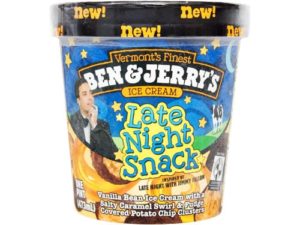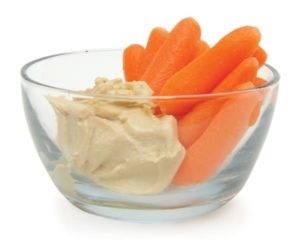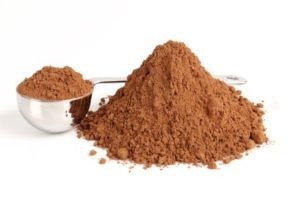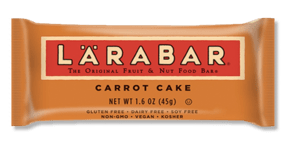“I’m concerned about cooking the nutrients out of my food. There is plenty of information about fruits and veggies but what about meat? What is the best way to cook common meats to preserve the nutrition? Thanks!”
Good news, Kate! The primary nutrients in meat (protein and minerals) are pretty resilient to heat, so cooking meat does little to reduce its nutritional value. Some of the fat may render out of the meat as it cooks but most people consider this to be a plus. If you’re cooking meat in liquid (as in a stew or soup), some of the minerals and protein may leach from the meat into the cooking liquid. But if you consume the broth, little will be lost.
The vitamins and antioxidants in fresh fruits and vegetables, on the other hand, are a little more fragile–and that’s why you’ve probably seen more about the effect of cooking on the nutritional value of these foods. Continue reading “How does cooking affect the nutrients in meat?”


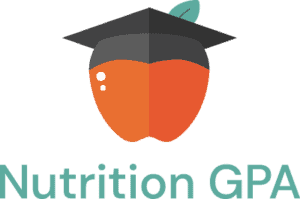 Q. What is the basis for the questions in the Nutrition GPA quiz?
Q. What is the basis for the questions in the Nutrition GPA quiz?
